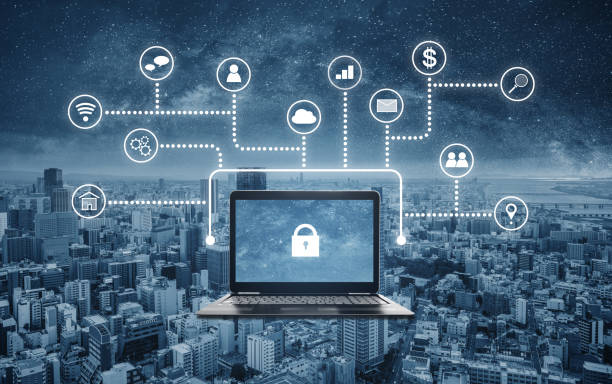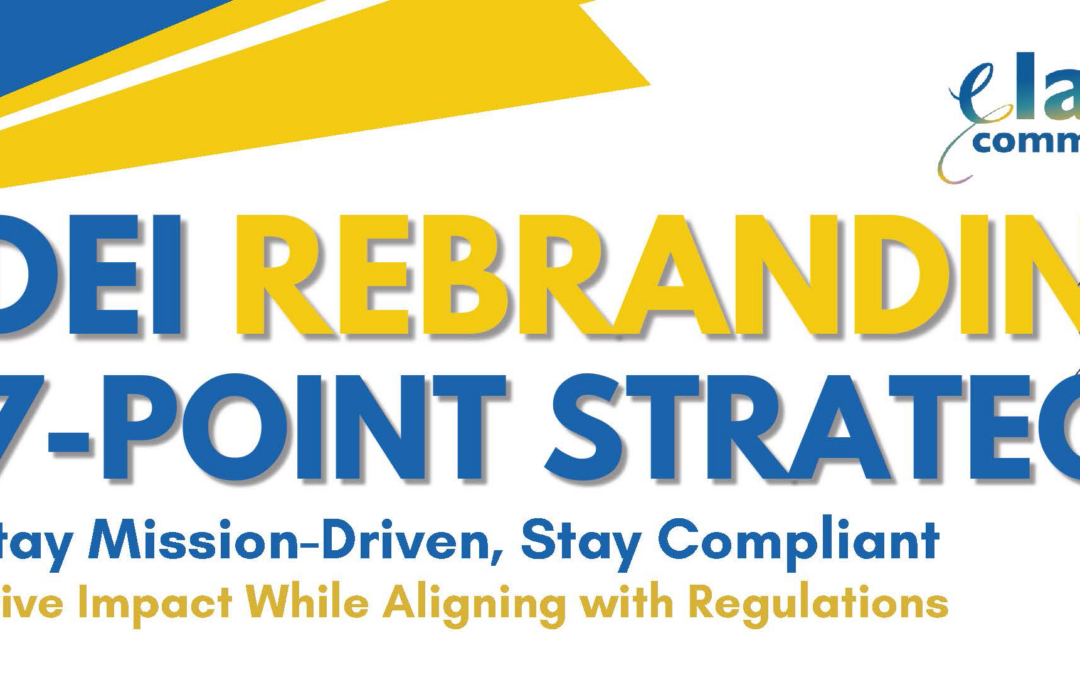Protecting your privacy on social media is crucial to maintaining control over your personal data. The first step to enhancing your privacy is to take control of the settings that govern how your data is shared. Make it a habit to periodically review and adjust these settings, because privacy features often evolve with platform updates. That’s why it’s important to keep your device, operating system, and social media apps up to date for protecting your privacy. Updates often include security patches that address vulnerabilities hackers may exploit.
Many social media platforms allow you to connect third-party applications or websites to your account for various reasons, such as games, quizzes, or promotions. These can be fun, but they often have access to your personal information. Every social media platform has privacy settings that let you control who can see your posts, profile information, and more. You can usually find these settings in the security or privacy sections of each platform. Review the privacy policy for each social media platform, where it details how your data is collected, stored, and used. Although these policies can be lengthy and dense, it’s important to read them to understand how your information is being treated.
One of the most common ways cybercriminals attempt to steal your personal information is phishing. These scams often involve fake messages that look like they’re coming from a legitimate source, such as your bank, social media platform, or a well-known brand. Social engineering is another way cybercriminals manipulate individuals into divulging confidential information. This can happen in many ways, including through fake friend requests, fabricated job offers, or targeted social media messages.
Be careful of using public Wi-Fi networks, such as those in cafes or airports. Although these networks are convenient, they put your privacy at risk. Cybercriminals can easily intercept data, which includes your social media credentials and personal messages, sent over unsecured Wi-Fi networks.
Here are practical steps to safeguard your privacy on social media:
- Limit your audience: Most platforms allow you to set who can see your posts — whether it’s just friends, a select group, or the public. Choose the option that best aligns with your comfort level.
- Profile visibility: You can often restrict who can view your profile, which prevents strangers from accessing personal details.
- Location settings: Turn off location sharing when posting or checking in at a location, because this reveals your whereabouts in real time, making you vulnerable to tracking.
- Review app permissions: Regularly check which apps have access to your social media accounts. Remove any apps you no longer use or trust.
- Limit app access: Be sure to understand what data these third-party apps collect, and make sure you’re comfortable with their permissions before granting them access.
- Enable spam filters: Most platforms and email providers have spam or phishing filters — make sure they’re turned on to identify and block fraudulent messages.
- Enable automatic updates: Many devices and apps allow you to automatically download and install updates. Turn on this feature to ensure you’re always protected.
- Avoid logging into sensitive accounts: If you must use public Wi-Fi, avoid logging into sensitive accounts, such as banking or social media profiles, especially if they don’t have encryption (look for the “HTTPS” in the website’s URL).
- Turn off auto-connect: Disable the auto-connect feature on your device to prevent it from automatically joining unsecured networks.
- Google yourself: Use search engines to look up your name and see what personal details are exposed.
Although social media is an excellent way to stay connected and express yourself, it’s important to understand the privacy risks. By reviewing privacy settings, being mindful of what you share, using strong passwords, and staying aware of potential threats like phishing and third-party apps, you can better protect your personal data. With these strategies, you can enjoy your online social life while minimizing the risks to your privacy and security. Stay informed, stay cautious, and stay safe.









